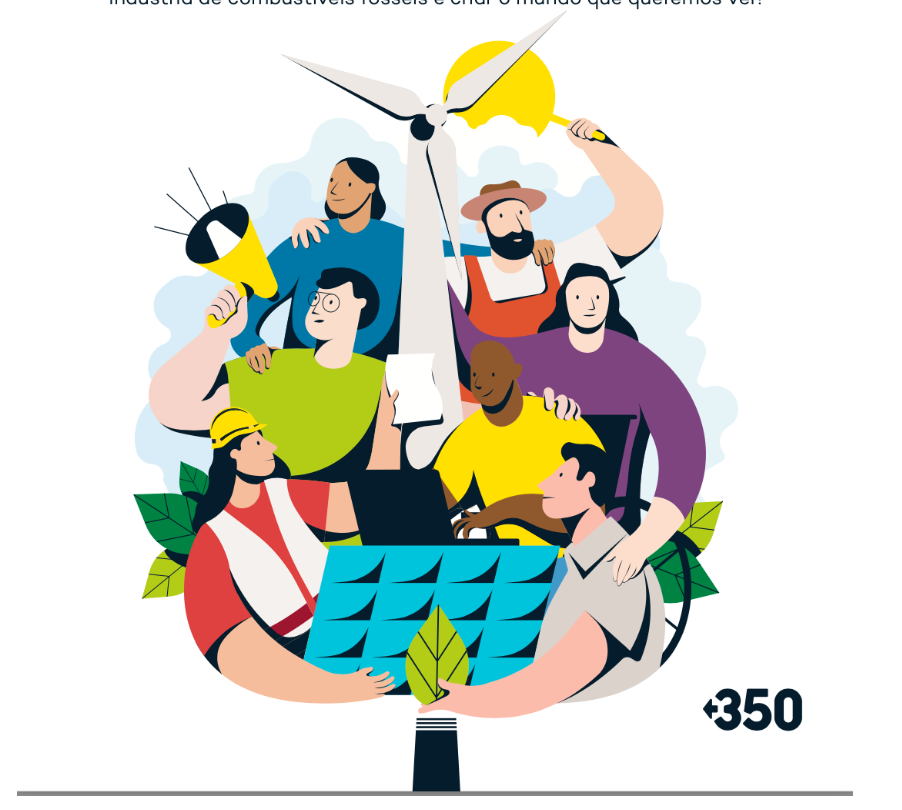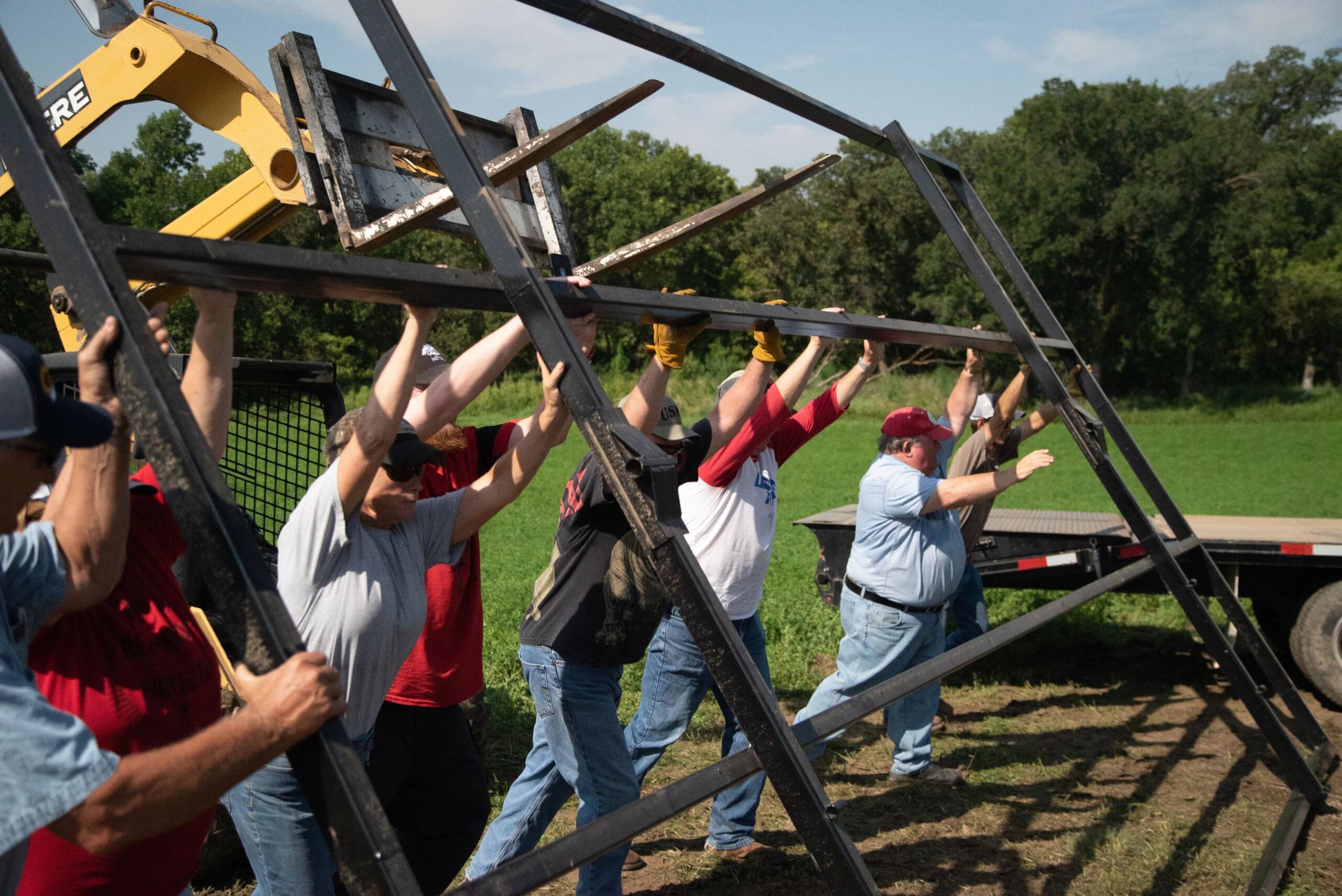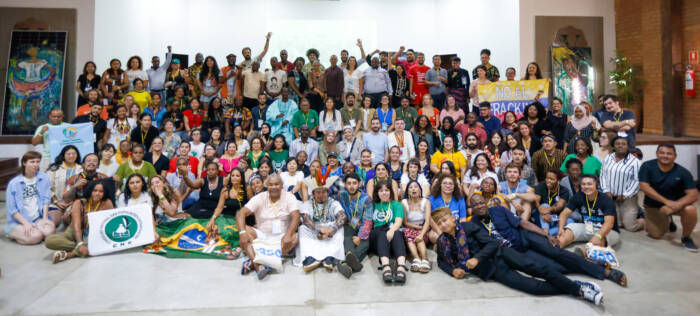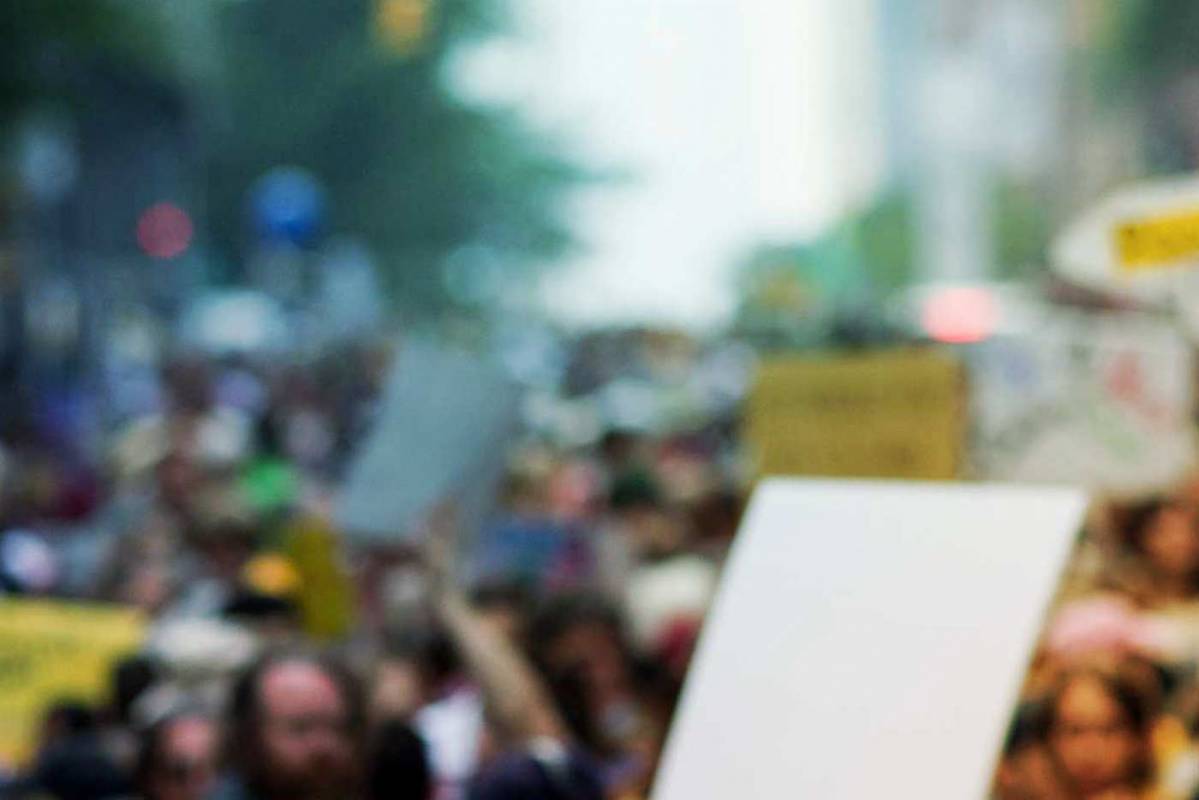350
Climate Change Solutions
We fight for a just transition and a world powered by the sun, the wind and the people.
Our fight against the climate crisis is about reclaiming power. More than 40% of global carbon emissions come from a world powered by fossil fuels but our battle is not just about finding new ways to heat our homes or light up our streets. We need to take back the power that big oil and gas companies have over our political processes, our energy systems and our lives.
At 350, we demand that world leaders deliver real and immediate climate action. We support communities installing solar panels along pipeline routes. We mobilize a network of ordinary people advocating for renewable energy projects that put the well-being of communities front and center – and so much more.
We are championing renewable energy projects from the ground up. We are putting the power in the hands of people and communities. We are building our own power!
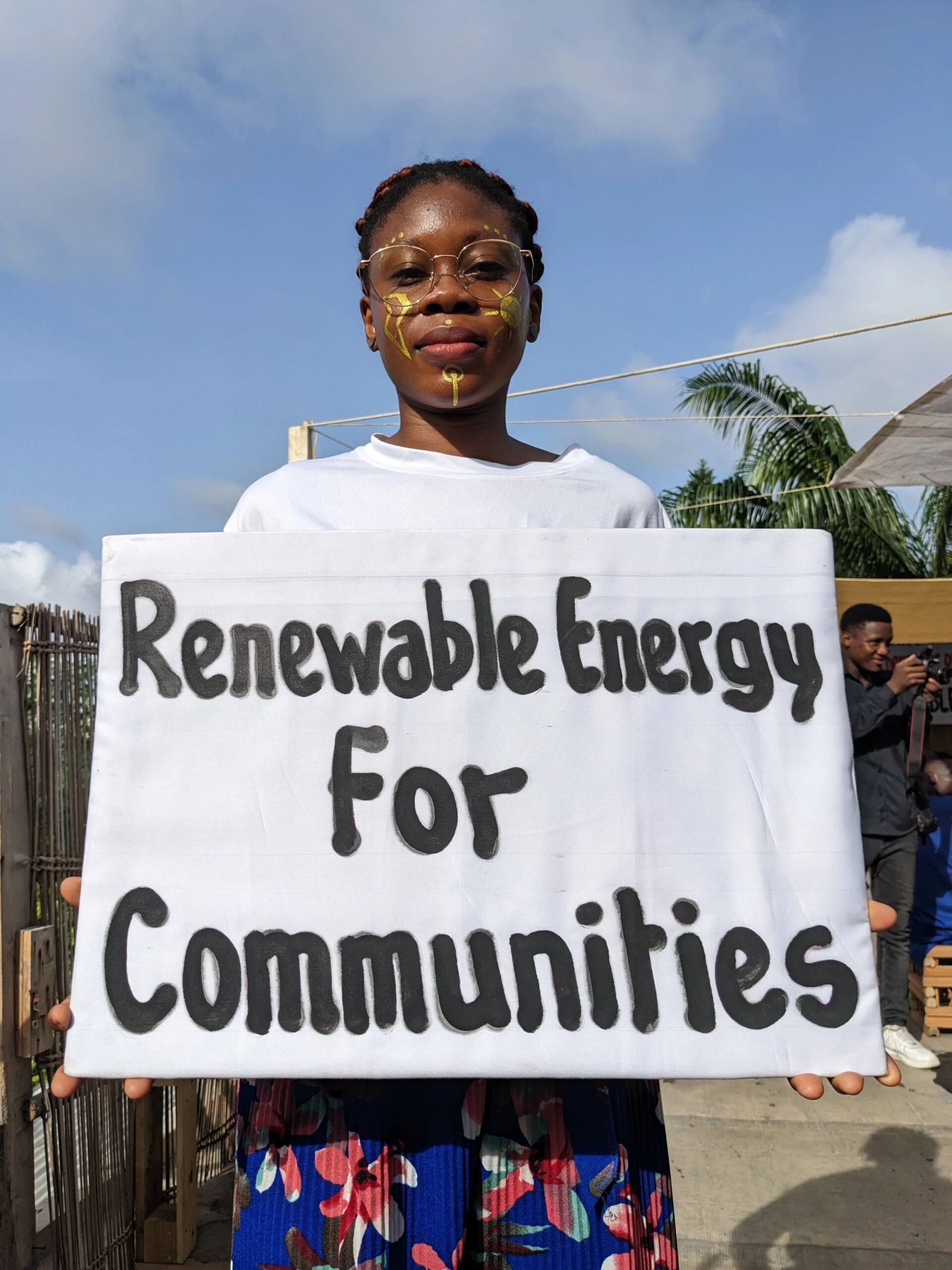
What are solutions to the climate crisis?
The climate crisis is impacting everybody in uneven ways. Our work with communities and grassroots groups at the frontlines has shown us that climate change solutions must address many problems: re-shaping how we produce food and use our lands, building cleaner transportation, mobilizing money to rebuild homes and infrastructure damaged by extreme weather events (typhoons, floods, landslides etc.), introducing compassionate border policies for impacted persons to migrate, and so much more. While there's no quick fix to the climate crisis, there are renewable energy solutions to make our planet safer and more equitable, for those alive right now and for future generations.
At 350.org, we support all interconnecting climate issues while focusing on a just energy transition – away from fossil fuels, and towards renewable energy, like wind and solar power. This means updating how we produce, distribute, store, and use energy to prioritize supporting people instead of big oil and gas companies' profits. Good solutions should produce power within our communities, create jobs and boost economies locally. They should also protect the environment and ensure everyone has access to energy, no matter where they live.
Solutions are rooted in justice
Solving the climate crisis is not just about reducing emissions, but about how we do it. We fight for solutions that:
Reduce greenhouse gas emissions by replacing fossil fuels with safer renewable energy sources.
Globally, we need to halve emissions by 2030 to avoid the worst impacts of climate breakdown. Countries have already committed to triple renewables capacity, double energy efficiency and phase out fossil fuels within this timeframe – now they need to walk the talk.
Global renewable power is soaring ahead of fossil fuels, and it is already the most cost effective and efficient way to generate electricity. We need all resources invested in real and meaningful solutions, and that means renewable energy sources. There is no time to waste with unproven, inadequate and unrealistic technologies.
Ensure access to renewable, affordable, reliable, sustainable and efficient energy for all
Access to energy is crucial for social and economic development. The climate crisis and the current fossil fuel dependent energy systems deepen inequalities within and between countries. We need to curb excessive and wasteful energy consumption by the rich, and ensure access to affordable and clean energy for all.
Distributed, community-led systems are an important component to widen energy justice, ensuring availability, accessibility and affordability by bringing the power and ownership closer to the local level.
Respect the wishes and uphold the rights and traditions of communities
Solutions rooted in justice must follow democratic and transparent regulatory processes and protect the rights and wellbeing of communities in the frontline of the climate crisis.
Any energy project will have some negative effects, but we must strive to find minimum-impact solutions and to avoid replicating the extractivist processes of the fossil fuel industry. This also applies to the extraction and production of the raw materials and minerals needed for renewable energy systems – which should meet the highest standards for human-labor and land and environmental preservation.
Create jobs and revenue for communities and offer more energy access to people in cities and rural areas
Energy should be generated as close as possible to where it will be used to maximize benefits and opportunities, and minimize the impacts for people, communities and the environment.
Solutions should contribute to efficiency and sufficiency, limit the wasteful use of resources, and respect environmental justice values – both in the production as in the disposal processes.
Address financial and historical responsibilities, within and across countries
The impacts of the climate crisis are already everywhere. But they are hitting harder those in the most vulnerable areas or social conditions, who have often contributed the least to worsening this emergency. Internationally, often the most affected countries are also not the biggest greenhouse gasses emitters.
Historically polluting groups and countries should finance the energy transition, support adaptation efforts and pay for the loss and damage which is already happening as a consequence of the climate crisis!
Ensure a healthy environment and protect life
The only realistic pathway to safeguard a liveable planet is to phase out fossil fuels while restoring and protecting biodiversity and ecosystems.
Land use, especially deforestation, is a major driver of greenhouse gas emissions. The use of agricultural lands and freshwater must also ensure staple food, health and well-being of people and communities. Solutions should not contribute to the loss of carbon sinks or negatively impact the rights of indigenous and traditional communities.
Are you trying to assess if a specific renewable project is worth fighting for? Here’s a tool to help you assess and decide.
Resources
Stories & Updates
Press Releases
Climate groups in Asia push for energy sovereignty amid US fossil fuel trade deals
350.org welcomes COP30 Presidency’s letter calling for tripling of renewables and phase out of fossil fuels on Bonn and COP30 agendas
350.org Asia: Indonesia must keep climate commitments despite US exit from Paris Agreement
For older press releases or media contacts, visit our media page.
► Help 350.org build a powerful climate movement.
We believe in a safe climate and a better future — a just, prosperous, and equitable world built with the power of ordinary people. Help us get there!

